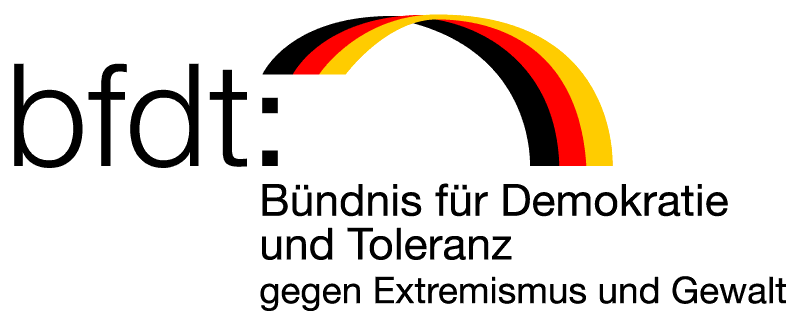"Behind us lies a past that will not pass away"
"Every new generation in Germany has to work for the right relationship with its own tragic history and the guilt of their fathers," writes Konrad Görg in the introduction of "We are What We Remember." He is the publisher of this special volume that links personal fate, history and literature. In a unique collection of quotations Görg traces in a wide arc the story of the persecution of Jews, its spiritual precursors and its opponents. Through the selection of quotes, perpetrators and victims, witnesses and analytical observers of different ages encounter each other and engage in dialogue. Thus the book brings to life the light and dark sides of German culture, and shows how important history is for the present time.
The philosopher and peace campaigner, Horst-Eberhard Richter contributed a personal preface for the second edition, published in December 2009. The historian and sociologist Erhard Roy Wiehn wrote the foreword of the book. Konrad Görg himself is an internist and works at the University Hospital of Marburg. The preoccupation with Nazism and anti-Semitism began for him in his spare time through conversations with his longtime friend Petr Abeles. The book is dedicated to him and his uncle Erwin Katz, who had been gassed at the age of 10 years in Auschwitz.
.
“How can and may a person "posthumous" to the perpetra- tors, who did not deal with the Holocaust scientifically, approach the 'abyss of history' (Paul Valéry)?" asks Görg in his introduction.
He answers this question by letting the many
diverse
voices speak as in a choir alongside and against each other. The claim
of the book is, according to its author, neither exhaus- tive nor
scientific. Regardless, he has managed to arrange this same diversity
of voices so as to fuse the heterogeneous cultural history and the
individual stories into a moving image. The story of the young Erwin
Katz opens the book and prepares the way for a chronologically and
thematically structured canon, which explores the various stations of
National Socialism. However, the author doesn't end here: The
accounting for the Holocaust on the part of the perpetrators and the
victims occupies a significant part of the anthology. The existential
questions that arise after the rupture of civilization in the Third
Reich, are described out of various perspectives. In these answers one
can always see some prospects for the future.
Thus this little book, "We are What We Remember" is also and especially
a book for the "posthumous" generations. A reading "from front to back"
does not seem appropriate, but the book invites you to browse and
linger. The reading makes the reader a very special offer: To overcome
the inner cowardice and work toward a personal access to this darkest
chapter of European history.
Gegen Extremismus und Gewalt, 1/10
[Alliance for Democracy and Tolerance -
Against Extremism and Violence]
